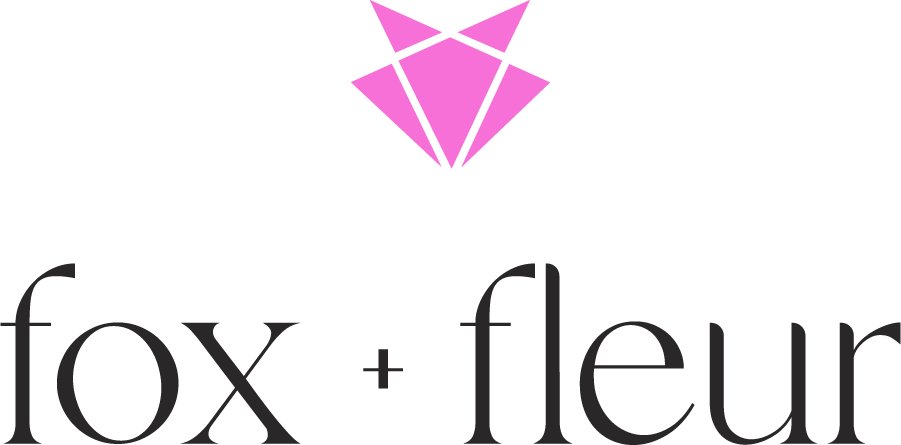Before you decide to work with a PR agency, it’s important to know exactly what PR is and the role a PR agency plays in elevating your brand presence. That way you’ll have a firmer grip on what you’re paying your agency to do, and you’ll understand what a successful outcome is.
So, what is PR?
At its core, PR refers to the strategic art of managing the communication between a brand and its audience – with the goal of building trust, credibility and a strong reputation.
To be clear, PR isn’t focused on ‘selling’. It’s concerned with storytelling and finding the most compelling and engaging narrative to support your brand’s product or services and communicating that story to the right audiences using the right tactics. This requires a thorough understanding of the brand’s values, mission and goals, as well as the interests and needs of the audience it plans to engage with.
What is the role of a PR agency?
PR agencies work with brands to achieve their communication goals by providing a long-term strategy that encompasses a range of solutions. They may also work with a brand for a one-off campaign or project too.
The role of a PR agency is to develop a comprehensive communications strategy that aligns with its business goals. This strategy will identify key messages, target audiences and communication tactics along with a plan for how to achieve these outcomes.
PR Tactics may include:
1. Content creation
PR agencies are skilled at creating content that engages and informs such as crafting social media content including Reels and TikTok, writing blog posts and e-newsletters.
2. Cross-collaborations
When there’s an opportunity to make one brand’s story bigger, PR agencies may look to collaborate with other like-minded brands to generate further reach and awareness.
3. Influencer Engagement
PR agencies will work with influencers to establish credibility for a brand. An influencer may be gifted a product or service in exchange for content showcases the experience.
4. Event management
PR agencies can also help brands plan and execute events that generate positive engagement with target audiences.
5. Publicity
PR agencies are experts in media relations, which involve building relationships with journalists, bloggers, and other members of the media. This allows them to pitch stories and secure coverage for their clients in relevant media outlets.
6. Campaign management
To create a buzz around a particular time of year or to really focus on one key message, PR agencies can create strategic long or short-term campaigns to keep the brand front-of-mind.
Some of these tactics also look like Marketing … How does PR differ to Marketing?
While marketing focuses on the promotion of products and services and works to generate and increase sales, PR centres on the brand and is necessary to maintain a favourable perception and positive reputation.
Marketing – Sales
PR – Brand
The introduction of social media and an ever-changing digital landscape has meant there’s more of an overlap between PR + Marketing, which has led to savvy PR agencies adopting more integrated strategies.
If a PR agency handles your social media, email marketing and content creation as part of an integrated strategy, you’re going to be getting a more well-rounded approach. Your content will have a product and services focus, as well as a brand focus. If you work directly with a marketing agency – they’ll mostly be focused on the ‘sell’ – which is only one half of the solution.
Many PR agencies have rebranded to become PR + Digital Marketing agencies as the lines with PR, marketing and advertising continue to blur, and some (like us) have always recognised that there needs to be a more holistic approach to PR + Marketing.
Learn more
Find out more about how we can help you with a PR + Marketing strategy right here in Melbourne? Get in touch.





Leave A Comment